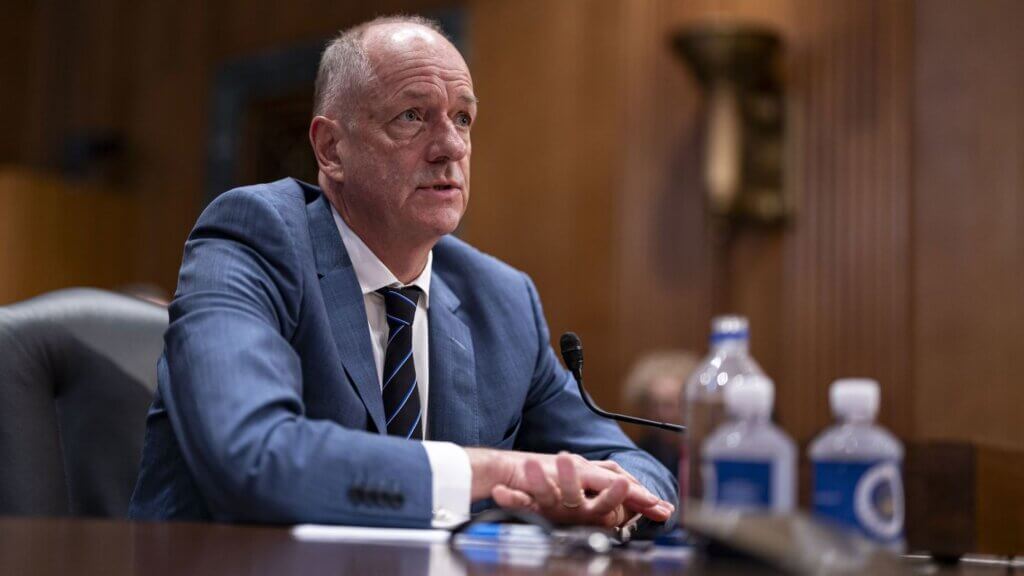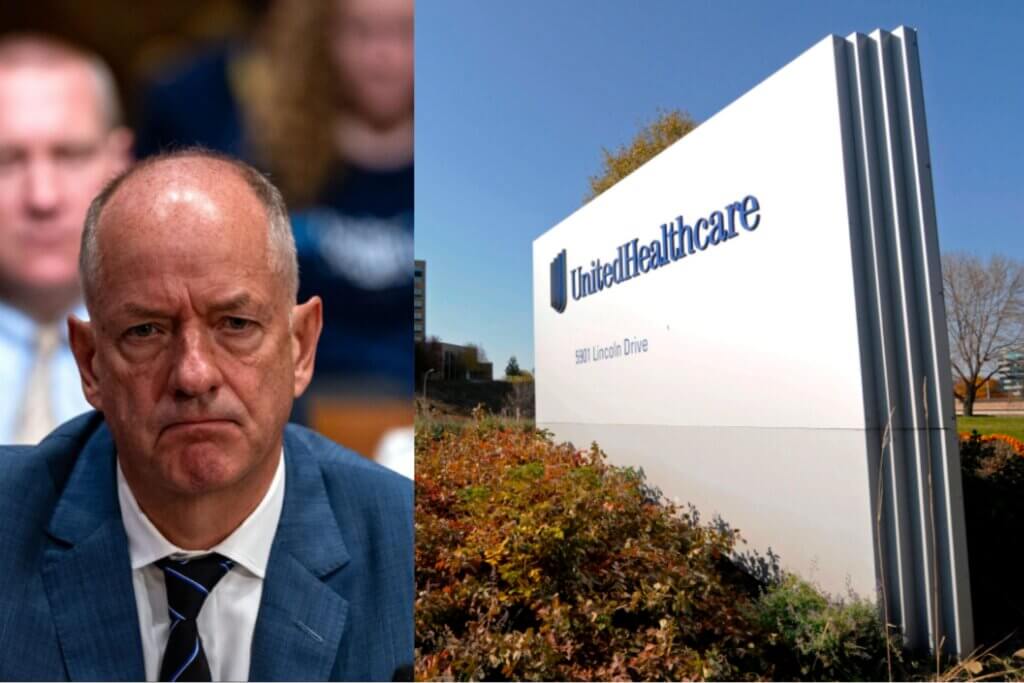The sudden Andrew Witty resignation from UnitedHealth Group on May 13, 2025, caught many off guard. While the official reason given was “personal,” deeper issues were bubbling behind the scenes—issues that most media outlets have overlooked.
Leaked Video Added Fuel to Andrew Witty Resignation
Just after the tragic murder of UnitedHealthcare CEO Brian Thompson in December 2024, a confidential video surfaced online. In it, Witty defended the company’s cost-cutting strategies and advised staff not to speak to the press. This incident intensified public backlash and significantly damaged his internal credibility.

Cyberattack Fallout Tested Witty’s Leadership
The Andrew Witty resignation also followed a major cyberattack on Change Healthcare. Millions of Americans were affected, and Witty’s move to temporarily return to paper-based systems was seen by some as outdated. He later had to testify before Congress, drawing further criticism.
Internal Conflicts Over Medicare Advantage Strategy
Witty was reportedly at odds with the board over the rapid expansion of Medicare Advantage plans. As medical costs surged, he pushed for revised forecasts, but board members resisted. This power struggle weakened his influence within the company.

Lawsuits and Stock Crash Increased the Pressure
Shareholder lawsuits emerged, accusing UnitedHealth of concealing financial risks. At the same time, the company’s stock plummeted 35%, erasing $190 billion in value. These events intensified speculation around the Andrew Witty resignation, suggesting it was more than just a personal choice.
A Quiet Succession Plan Was Already in Place
Insiders suggest that Stephen Hemsley’s return was planned well in advance. The board had already prepared for a leadership swap in case of further instability. Witty’s exit, though sudden to the public, was likely coordinated internally.
Conclusion
The Andrew Witty resignation wasn’t just a matter of personal reasons—it reflected deeper structural and leadership problems at UnitedHealth Group. From cybersecurity failures and internal policy disputes to public mistrust and shareholder pressure, this resignation marks a turning point for the healthcare giant.



